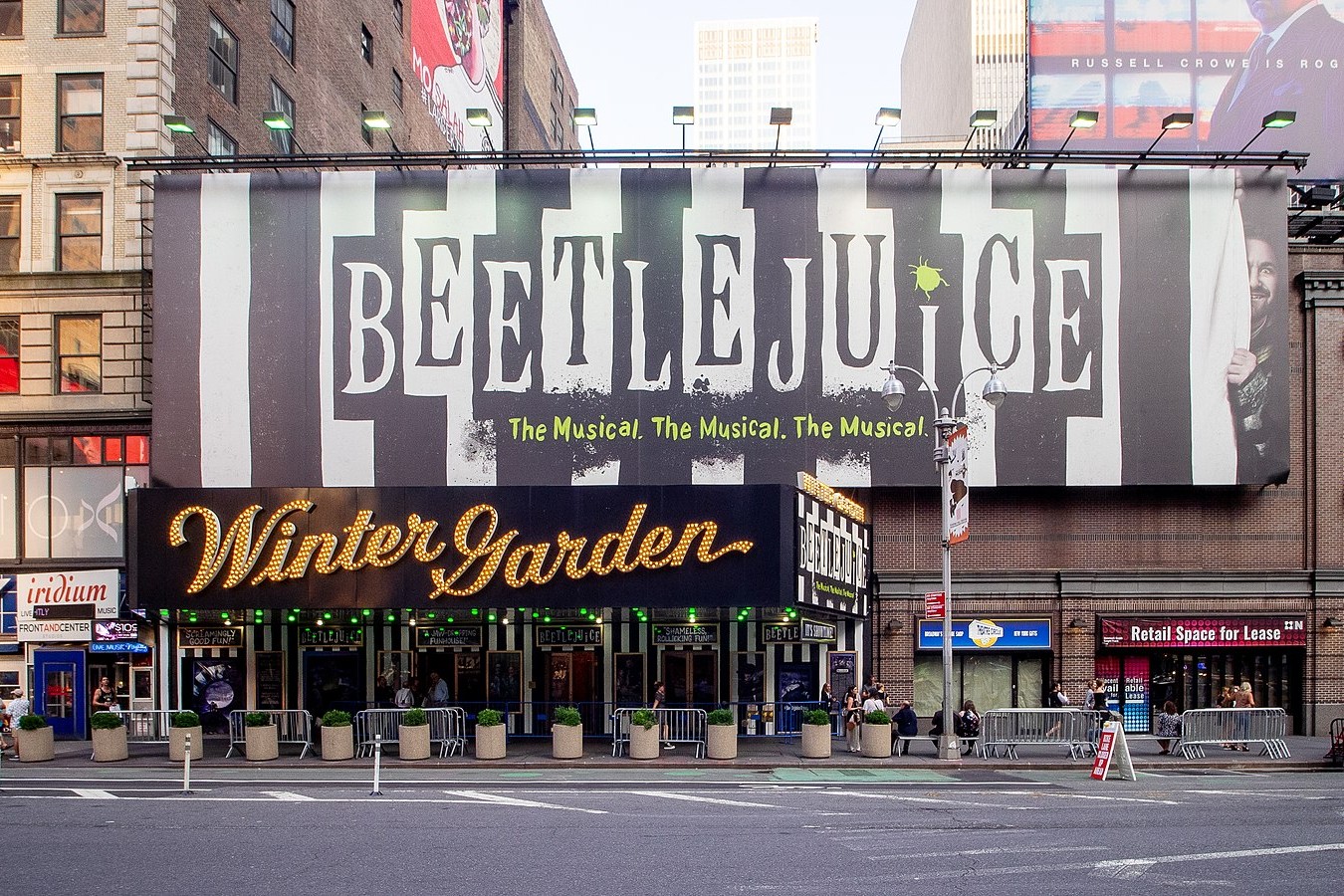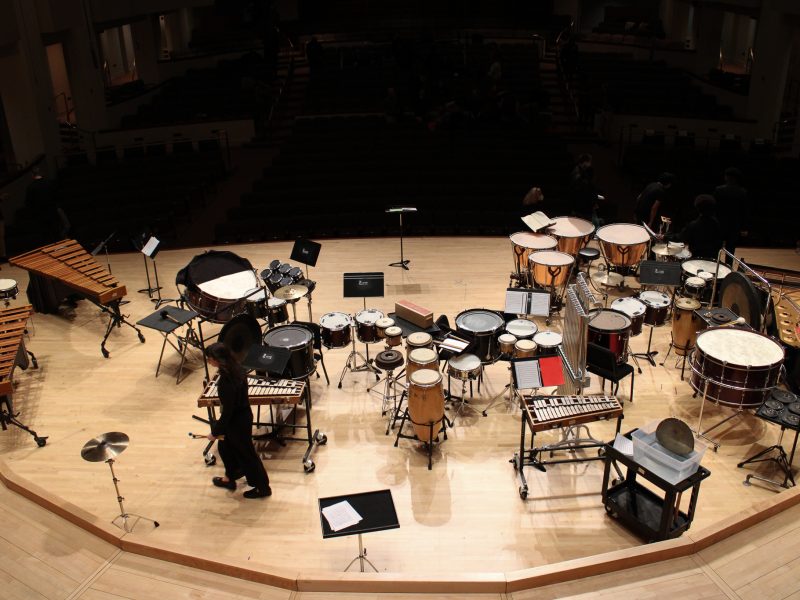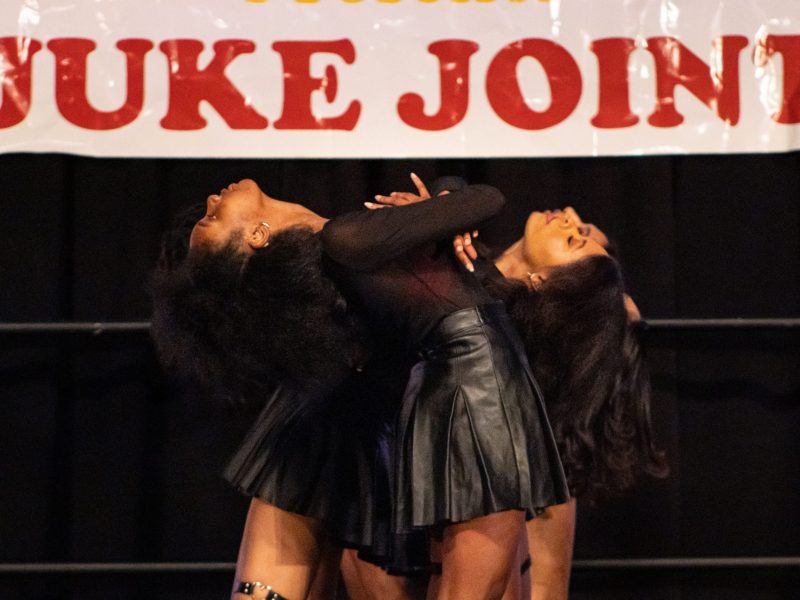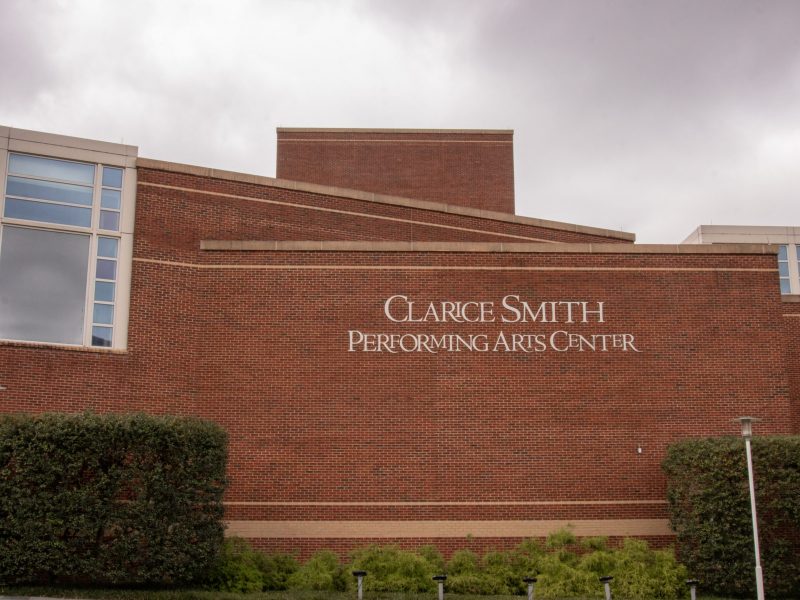Did you hear about The Devil Wears Prada musical? The original London cast released the show’s soundtrack last week. And if you’re at all familiar with current theater trends, this show’s existence shouldn’t come as a surprise.
We live in an era of adaptation. It seems like no popular film is exempt from being turned into a musical. Recently, the song-and-dance adaptation of the 1992 cult classic Death Becomes Her received 10 nominations at the 2025 Tony Awards, including Best Musical.
Musical versions of Mean Girls, Waitress, The Notebook and Back to the Future all spent time on Broadway this decade. My personal favorite musical of recent years, Beetlejuice, will return to Broadway in October for its third run.
This current adaptation trend is concerning many in the theater fandom. Redditors who love Broadway lament its turn toward adaptations, wishing that more original ideas filled theaters. Popular social media figure Jess Val Ortiz recently argued online that “not every movie needs to be turned into a musical,” earning over 186K likes on Tik Tok.
I understand the concern. Miranda Priestly’s movie persona may be too serious and stoic for rock-style songs written by Elton John. Some stories are simply better suited for the screen than the stage, while others are too well-known as films to be convincing as musicals.
[Comedian Caleb Hearon brings taboo, scattershot laughs in new special]
However, Broadway’s sudden crisis of unoriginality feels exaggerated. Musicals haven’t become unoriginal just because movie adaptations are taking over — many famous Broadway musicals are adaptations.
Back in 2019, Trevor Jones for The Conversation argued theater was always a breeding ground for adaptations, especially ones of popular novels. We see this most recently in The Great Gatsby and The Outsiders, two musicals which began as worldwide literary phenomena.
Wicked — one of the most popular movies right now — is an incredible musical based on the novel by Gregory Maguire, which in turn was based on The Wonderful Wizard of Oz by L. Frank Baum. Hamilton is currently celebrating its 10-year anniversary and a return to the internet’s spotlight, and Lin-Manuel Miranda based that musical off of Ron Chernow’s biography, Alexander Hamilton.
Way further back in time, one of Broadway’s earliest hits, Porgy and Bess, was adapted from a stage play, which was, you guessed it, adapted from a novel. Oklahoma!, a terrible musical from the wonderful Rodgers and Hammerstein, was adapted from a play as well.
If you’re concerned about Broadway’s lack of originality, the first thing you must understand is that it is not a new phenomenon.
Original ideas are great, and we shouldn’t try arguing over the merits of Legally Blonde versus In the Heights. Instead, what the theater community needs to ask itself is how much a musical’s origins really matter.
Musicals with completely original concepts are just as likely to bomb. Merrily We Roll Along is an original show that was poorly received during its first Broadway run, and Spider-Man: Turn Off the Dark is an infamous adaptation that ended (literally) painfully. Conversely, Falsettos is an incredible original concept whereas the stage adaptation of Les Misérables became theater gold.
[Lola Young chooses style over substance on ‘I’m Only F**king Myself’]
Good art can come from unexpected places. Bad art can, too. What matters is not where a musical comes from but instead, how it makes you feel. Judging a show based on its inception may lead audiences to overlook new, exceptional works. If there was any perfect environment to try weird things and see if they stick, it’s musical theater. After all, Andrew Lloyd Webber’s fever dream Cats ran on Broadway for an exceptionally long time, proving that even the most bizarre concept can find success on stage. So who knows? Maybe The Devil Wears Prada will also run for decades if it makes its Broadway debut.



